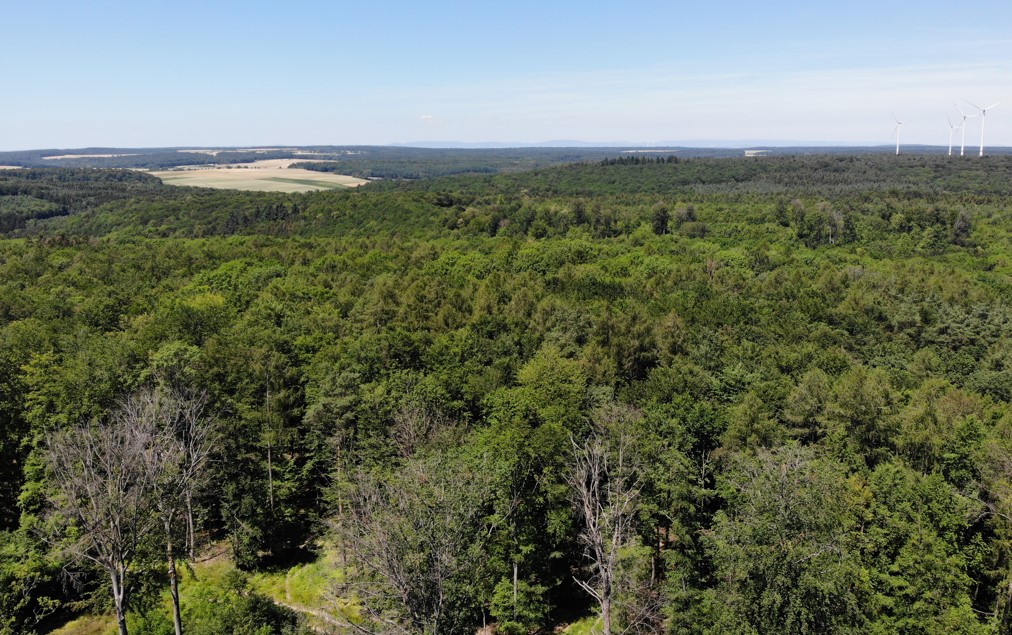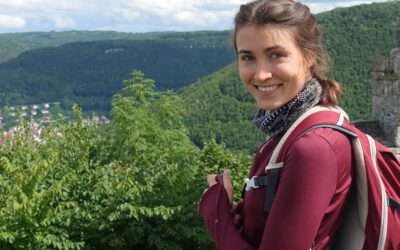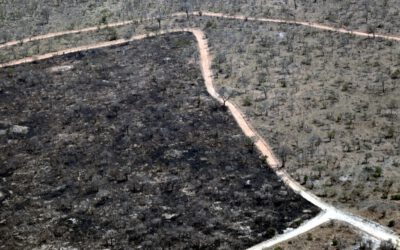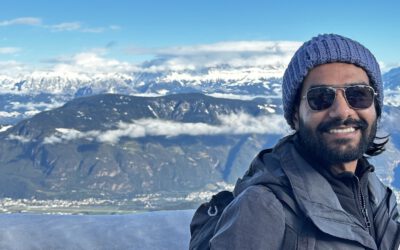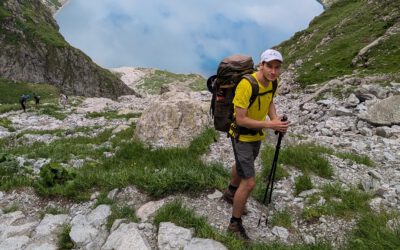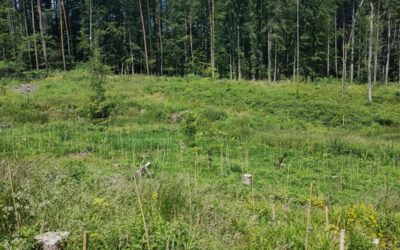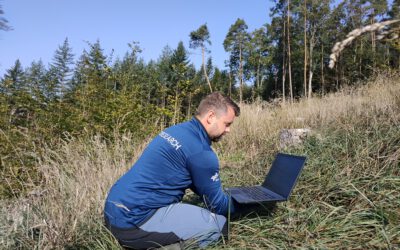Candidates are expected to pursue a PhD degree within this project.
We are seeking a highly motivated candidate holding a M.Sc. degree with expertise in remote sensing and handling of various sources of geodata. A sound knowledge in remote sensing software, geographic information systems (GIS) and programming (e.g., Python, R) is required. The ability to work independently as well as within an interdisciplinary team of collaborators is essential. A strong interest and willing in applying interdisciplinary approaches and to bridge gaps between earth observation and physical and/or semi-empirical models is required. Further, proficiency in the English language, and the capability to write research reports and peer-reviewed publications are required.
Working environment: We offer a stimulating research environment within an interdisciplinary, dynamic research team at the Earth Observation Research Hub and the Institute of Geography and Geology at the University of Würzburg in close collaboration with the German Remote Sensing Data Center of DLR. The position is financed for a duration of 3 years and should start in early 2023, with salary according to TVöL (65%).
Applicants are invited to submit their applications via email including a cover letter, CV and all necessary certificates to eo-contact@uni-wuerzburg.de before March 15th 2023. Please indicate the identification number (TP233) in your application. The position is to be filled as soon as possible and offered for a fixed term of 3 years.
The University of Würzburg is an equal opportunity employer, determined to increase the proportion of women in successful scientific careers, and particularly encourages them to apply. Preference will be given to disabled applicants with the same qualifications. Inquiries or questions should be directed to:
Contact: Earth Observation Research Hub, Prof. Dr. Tobias Ullmann,
eo-contact@uni-wuerzburg.de
www.earth-observation.org

